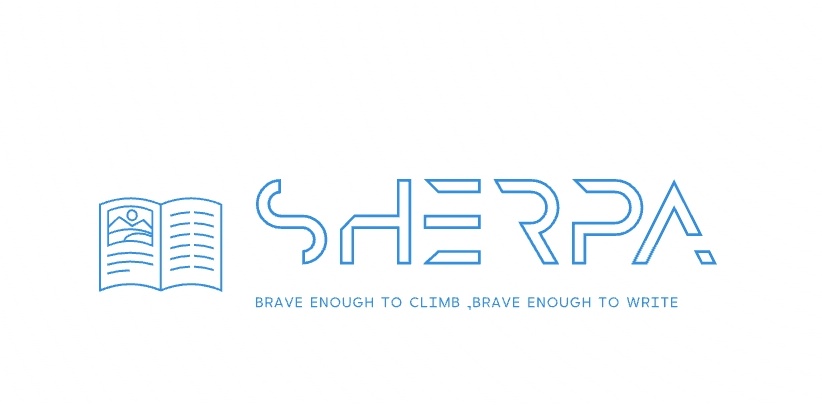Conquering Everest: The Unsung Heroes of High-Altitude Mountaineering
The Sherpas, an ethnic group native to the Solu-Khumbu region of Nepal, have a long history of living and working in the high altitude of the Himalayas. They are known for their physical strength, endurance, and adaptability to extreme environments, traits that have made them invaluable to mountaineers attempting to reach the summit of Everest.
For decades, Sherpas have served as guides, porters, and support staff for climbing expeditions to the mountain. They are responsible for setting up camp, fixing ropes, and carrying supplies up the mountain, often at great personal risk. Despite their important contributions, Sherpas are often underpaid and undervalued, with little recognition for the dangers they face on a daily basis.
One such danger is the risk of altitude sickness, a condition that can be fatal at high elevations. Sherpas are trained to recognize the symptoms of altitude sickness and take the necessary precautions to prevent it, but they are not immune to the effects of the thin air. In 2014, 16 Sherpas lost their lives in an avalanche on the mountain, highlighting the inherent risks of high-altitude mountaineering.
Despite these challenges, the Sherpas continue to play a vital role in the success of climbing expeditions to Everest. Without their hard work and dedication, it is unlikely that the mountain would have been conquered as many times as it has been.
It is time for the world to acknowledge and appreciate the contributions of the Sherpas to the history of mountaineering on Everest. These unsung heroes deserve recognition for their bravery and sacrifice in the pursuit of human achievement.




No comments